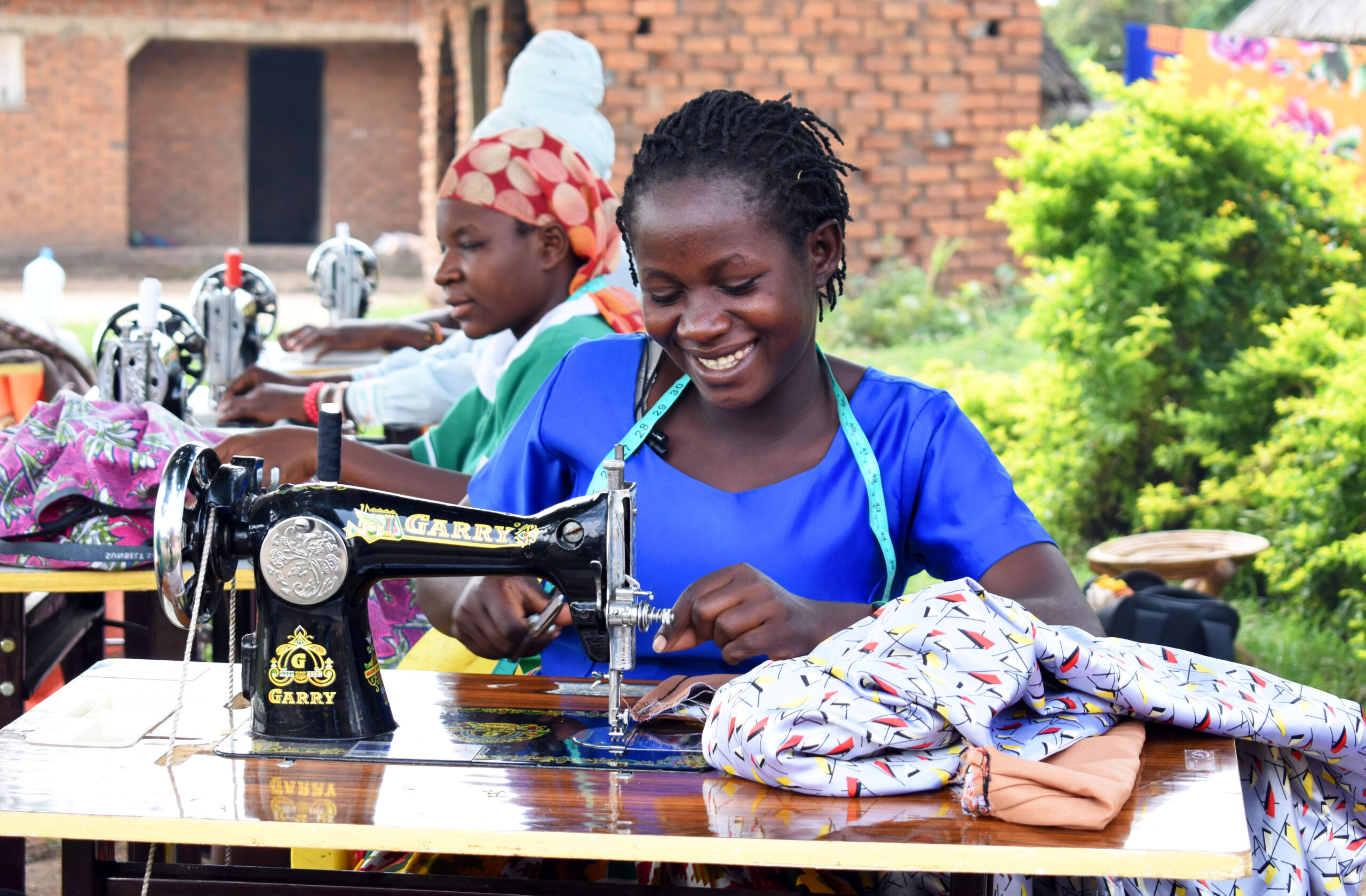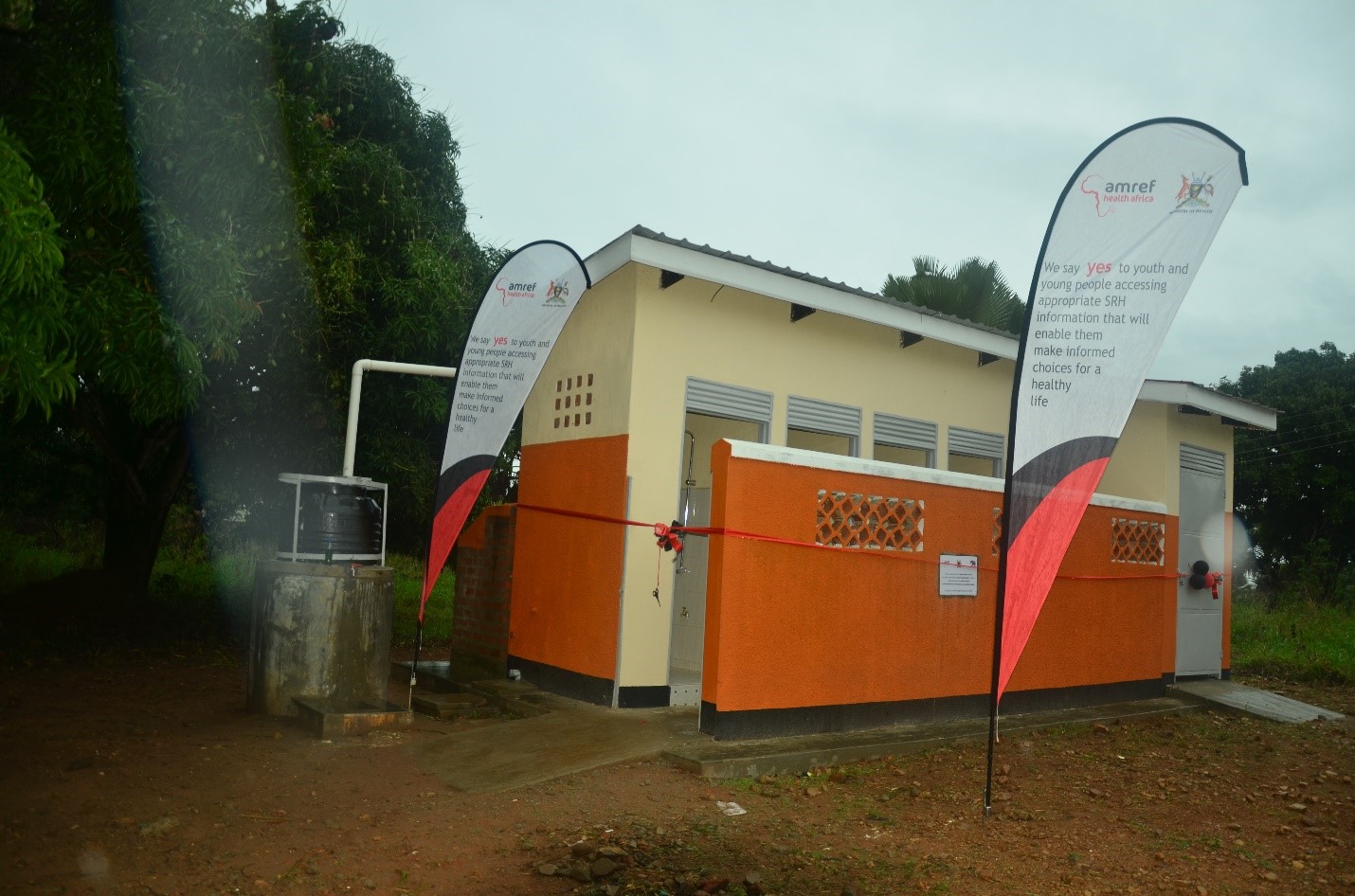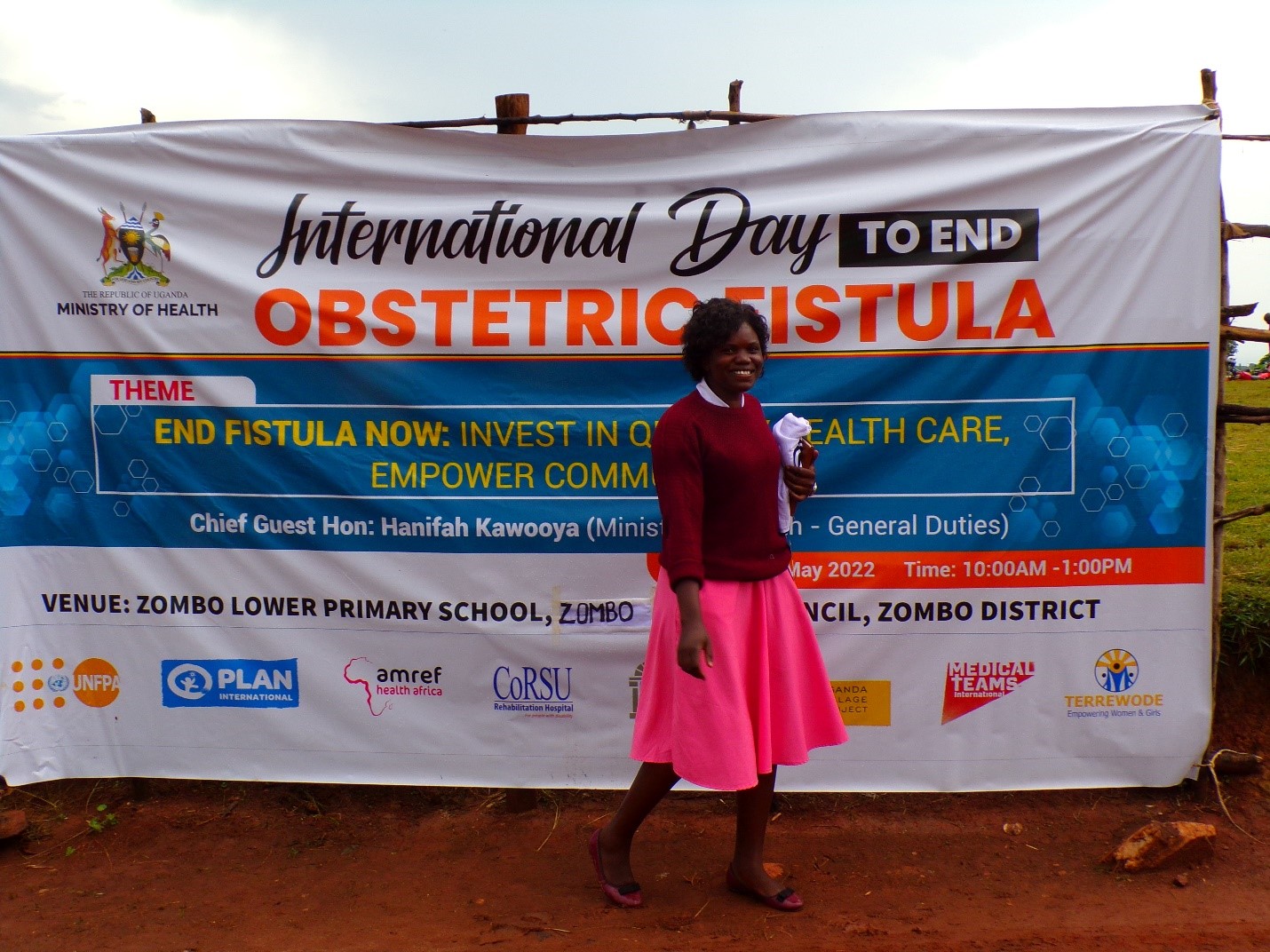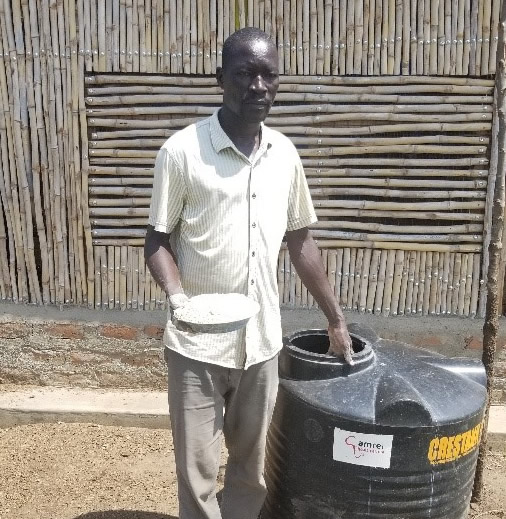Tapisa, a Health Worker Hero providing Rights Based SRHR Services
Thursday, 25 November, 2021

The 2nd result area of the Heroes Program is “Better public and private healthcare for family planning, pregnancies and childbirth, including post-abortion care”. This objective was necessitated by the currently weak quality of health services that are not youth friendly and not rights based. The program is work with the management and staff to transform the sexual reproductive health and rights services in public and private health centers to provide rights based services.
At Bukiende Health center II in Bukiende Sub-county, Mbale District in Eastern Uganda, Heroes is working with Namono Tapisa, a 28-year-old midwife who was posted the health center 5 years ago. She narrates that she started the health facility with on a bench donated by the nearby subcounty office. She used the bench to see patients, carry out antenatal examinations and to recline in the evening to review the day’s work and write reports. As time has gone on, she has been able to obtain more sits and create room for various sexual reproductive health services. She has also
been able start adolescent health clinics and clubs having of observed the many teenage mothers
coming to the antenatal clinic.
When the programme identified her facility as one to benefit from the programme, she was very excited adding that her wishes had been answered. Namono Tapisa conducts a session with adolescents at –Bukiende Health center II The health center delivers an average of 17 (43%) teenage deliveries a month and an average of seven (7) sexual gender based violence (SGBV) cases per month.
The programme has now trained Tapisa and her colleagues on rights based service delivery. The have also been included on a mentorship programme where there skills on services like emergency contraception, post exposure prophylaxis of HIV (PEP) and post abortion care (PAC) will be strengthened to provide improved SRHR services. She now supports a safe space create at the health center where her and peer educators are provide comprehensive sexuality education to young people. In addition, she is one of the SGBV response team in here sub-county who provide healthcare to victims of SGBC. She is also being supported by the Heroes programme to improve the quality of services through differentiated care model to meet the diverse needs of her clients.
Her other critical need is a maternity unit at the facility. The programme has joined the sub-county authorities and the district health office to present this need to the Ministry of Health. The facility is now earmarked to be upgraded to a health centre III, which comes with maternity unit. This work is funded by the Netherland’s Embassy in Uganda.
Amref Health Africa teams up with African communities to create lasting health change.




